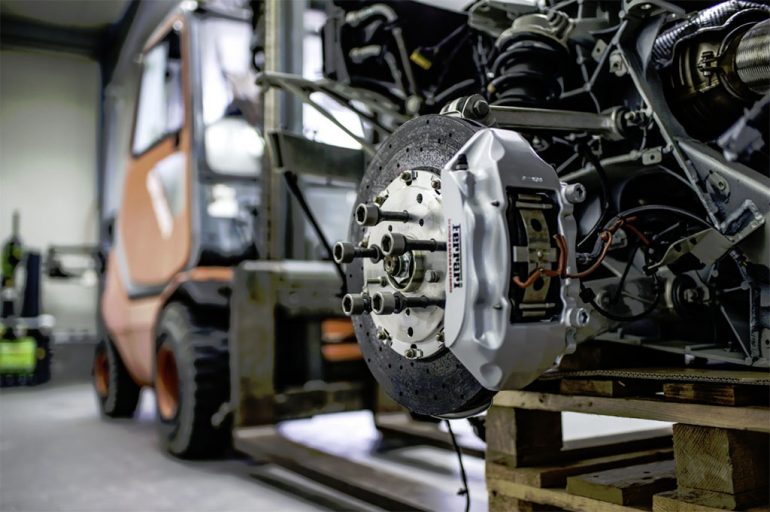
Whether you’re a car owner or a retailer in the automotive space, getting to grips with the ins and outs of compatibility across vehicle parts is helpful.
There’s a lot to take in here, so let’s break down the main aspects to ensure you’re clued up on what this often complex market involves.
Part codes are useful for everyone, from manufacturers and resellers to consumers. Standards in this space are useful for various compatibility-guaranteeing purposes.
For example, the Automotive Industry Action Group (AIAG) has created barcode labels that allow manufacturers to easily identify compatible parts between different models of vehicles. This helps reduce errors during ordering processes across multiple brands, and makes it easier for consumers when buying replacement parts online or in store.
Additionally, there are other industry specific coding systems such as UN/ECE Regulation No 39, which focuses on vehicle identification numbers (VINs) being used by certain manufacturers who must adhere strictly to these rules while producing their vehicles.
Also, some auto part resellers and distributors are also using their own proprietary coding systems to identify compatible car parts for various models of vehicles. This allows them to easily order, stock, and sell these specific items with confidence that they will fit correctly on a customer’s car or truck.
In this context it’s still useful to embrace standards to make it easier to manage data, such as the Automotive Catalog Exchange Standard (ACES) and the Product Information Exchange Standard (PIES). You can learn what ACES and PIES are in more detail to get a deeper overview of how they’re influencing the industry at the moment.
Even in the modern age, it’s useful to admit that understanding how compatible auto parts are across various makes and models can be tricky, but not impossible.
For instance, some aftermarket retailers provide information on the compatibility of specific car components, such as brakes or alternators, so that consumers can purchase with confidence.
Furthermore, certain manufacturers have databases which detail all available part numbers associated with their cars. These are often accessible online, and provide richer insights into what will work best in any given situation.
Many distributors also offer custom search capabilities, so when it comes to finding the right fitment for your needs, you can quickly identify compatible products, even if they come from competing automakers.
All of this becomes much more straightforward if you’ve got exact info about your vehicle to hand. The model year is key here, because even minor changes to the platform, or simple aesthetic tweaks, can scupper compatibility across generations of new cars.
It should go without saying, but if you’re concerned about whether a particular part is going to be compatible, it’s wise to research each specific manufacturer’s coding system. Even with industry standards in place, there are brand-specific differences and quirks to take onboard, and they can befuddled even the most experienced gear head or reseller.
If you’re ordering online, be sure to read reviews from other buyers, as these can provide valuable insight into fitment accuracy before making an informed purchase decision. You might find that there are some compatibility clashes which aren’t apparent from the documentation or the coding, for example, so dive into the comments for further troubleshooting ahead of any maintenance work.
When in doubt, it’s always best to consult with a trusted automotive professional who can provide advice on what parts are compatible, and which ones should be avoided.
Using reputable suppliers and double checking part codes and standards will serve you well when it comes to auto parts. This will save you from making mistakes, which is especially important before committing to pricier purchases.

Automotive Addicts Contributors are a collective of guest writers, industry professionals, and passionate enthusiasts who bring fresh perspectives to the Automotive Addicts platform. Focused on delivering timely news, in-depth reviews, and unique insights, these contributors help keep the site dynamic and engaging. Many use the platform to expand their reach and build credibility within the automotive media world, adding depth and variety to the content that drives the Automotive Addicts community.